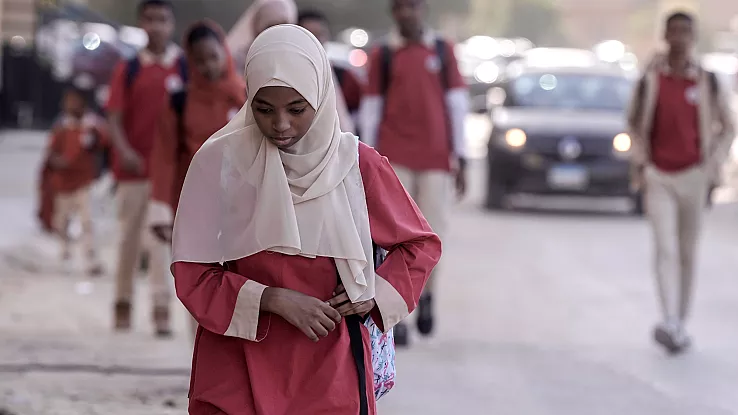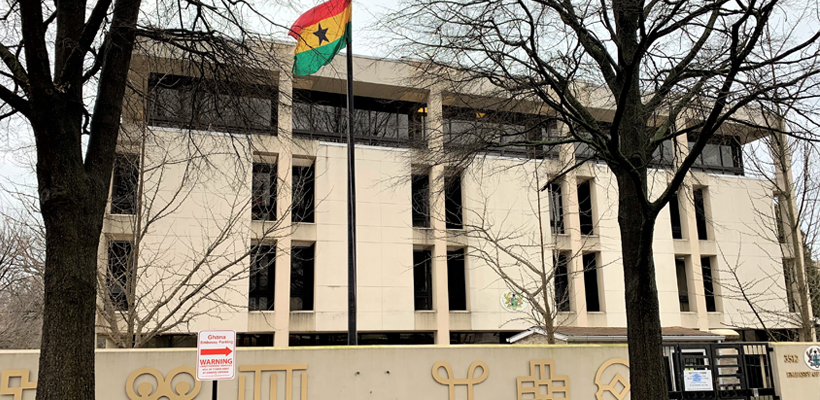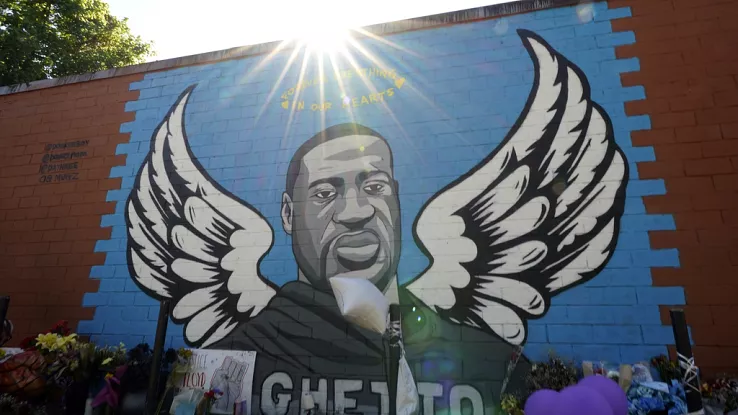CAIRO/KHARTOUM — Tens of thousands of Sudanese who were driven from their homes by war are now making the difficult decision to return, even as fighting persists in parts of the country and conditions remain dire.
Two years into a brutal conflict between Sudan’s military and the paramilitary Rapid Support Forces (RSF), some Sudanese refugees are heading back in the hope that a recent military advance—reclaiming control of the capital Khartoum and surrounding regions—will bring a measure of stability.
The war has displaced nearly 13 million people, with around 4 million fleeing to neighbouring countries and the remainder seeking shelter within Sudan. Though the number of returnees remains small in comparison, international agencies say the pace is quickening.
In Egypt alone, which took in approximately 1.5 million Sudanese during the conflict, the shift is already visible. Walid Abu el-Seid, who works with a Cairo travel agency, says demand for bus tickets to southern Egypt—the first leg of the return journey—has surged. “Every day, we’re seeing more people booking their way back,” he said.
READ ALSO: El Paso residents protest against Trump’s policies
According to the International Organization for Migration (IOM), more than 123,000 Sudanese have returned from Egypt since the start of 2025, with nearly 50,000 of them travelling in April—twice as many as in March. Inside Sudan, some 400,000 internally displaced people have reportedly returned to the Khartoum area, Gezira, and Sennar provinces.
The conditions they are returning to, however, are grim. Entire neighbourhoods have been reduced to rubble, infrastructure is in tatters, and basic services—electricity, food, water, and healthcare—are often unavailable.
Despite the challenges, many are motivated by a deep longing for home. At Cairo’s bus terminal, Huzaifa Al-Mubarak was among those preparing to return. “There are no fears in Khartoum,” he insisted. “It is safe and secure.”
Yet, the overall picture remains bleak. The United Nations estimates that at least 20,000 people have died since the conflict began—likely an undercount—and warns that the humanitarian situation remains one of the worst globally. Aid is limited, and the needs far surpass available resources.
UNHCR officials caution that while the flow of returnees is growing, their safety and well-being are far from guaranteed. The future of Sudan remains uncertain, but for many, the desire to rebuild their lives on familiar soil outweighs the risks.
“It’s not peace, but it’s home,” one returnee said quietly, stepping onto a crowded bus headed south.










